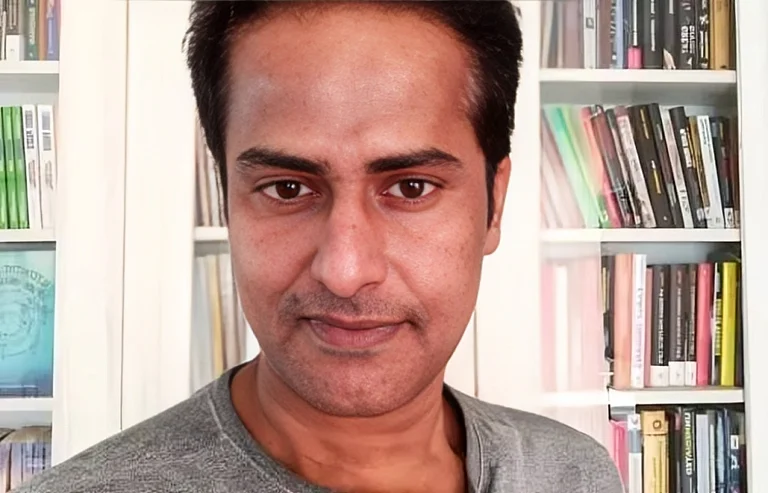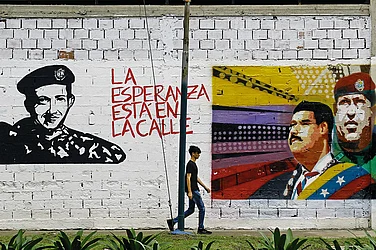US President Joe Biden, who left the G20 Summit in India early to travel to Vietnam, said his visit was not about trying to start a “cold war” with China but rather was part of a broader effort to provide global stability by building strategic ties throughout Asia at a time of tensions with Beijing.
“It's not about containing China,” Biden said at a news conference in Hanoi, “It's about having a stable base.”
The American president visited Vietnam more than 50 years after the last American soldier left the soil. Vietnam, one of China's oldest and staunchest friends, has raised the United States to its highest diplomatic status – Comprehensive Strategic Partnership – to evidence how far the relationship has evolved from what Biden referred to as the “bitter past” of the Vietnam War.
Biden said he is trying to soothe the tensions with China. He is seeking an alternative to imports from Chinese factories.
“I think we think too much in ... cold war terms,” Biden said at his news conference. “It's not about that. It's about generating economic growth and stability in all parts of the world. And that's what we're trying to do.”
He added: “We have an opportunity to strengthen alliances around the world to maintain stability. That's what this trip is all about.”
In response to one question, Biden told reporters he had met with Chinese Premier Li Qiang, Beijing’s representative in India in place of President Xi Jinping. It was the highest-level interaction between US and Chinese officials since last year's G20 in Indonesia.
“We can trace a 50-year arc of progress between our nations from conflict to normalization to this new elevated status,” the US President said with Nguyễn Phú Trong, general secretary of the Communist Party of Vietnam, at party headquarters, after a series of meetings with the country’s leaders.
Biden called Vietnam “a friend, a reliable partner and a responsible member of the international community.” He welcomed the new partnership and said he hoped for progress on climate, the economy and other issues during his 24-hour stop in Hanoi.
Vietnam’s elevation of the US suggests that it wants to hedge its friendships while the West looks for alternatives to Chinese factories. With China's economic slowdown and Xi's consolidation of political power, Biden sees an opportunity to bring more nations, including Vietnam and Cambodia, into America's orbit.
American imports of Vietnamese goods have nearly doubled since 2019 to $127 billion annually, according to the U.S. Census Bureau. But it is unlikely that Vietnam, with its population of 100 million, can match the scale of Chinese manufacturing. In 2022, China, with 1.4 billion people, exported four times as many goods to the US, as did Vietnam.
Biden will stop in Alaska on the way home Monday to commemorate the anniversary of the 9/11 attacks.
(With AP inputs)


























